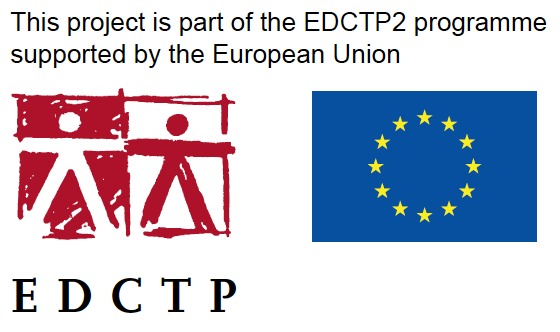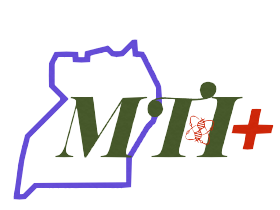PROJECT SUMMARY
The microbiota, complex communities of microbes in mammals, play a significant role in health and disease including induction/function of the immune system. However, baseline information on their composition and potential role(s) in pulmonary tuberculosis (TB) in Africa, is lacking. The overall purpose of this proposal is to determine the microbiome composition in pulmonary TB in Kampala Uganda, and examine its relationship with treatment- and immune-response in TB patients relative to their household healthy contacts without TB-infection and HIV-infection. In context of treatment na���ve adult TB patients in Kampala, Uganda, we will (1) (a) Examine the relationship between sputum and gut microbiome diversity and disease, (b) Investigate the relationship between sputum and gut microbiome composition and treatment response among patients on first-line TB therapy, and whether dysbiosis resolves in patients who get cured from TB after successfully completing anti-TB therapy; (2) Investigate the relationship between sputum and gut microbiome composition and inflammatory cytokine production capacity. To answer the two Specific Aims, we will conduct a longitudinal study nested in a concurrent MTI project at Mulago National Referral Hospital in Kampala, Uganda that maintains a cohort of GeneXpert-positive, treatment-na���ve adult TB patients with follow-up at months 2 and 5. In the proposed project (MTI-Plus), we will investigate sputum, stool and blood samples from a total of 800 participants at baseline (day 0 before administering therapy), as well as months 2, 5, 12, 18 and 24 for microbial and cytokine profiles. Note, of the 800 participants, 500 will be pulmonary TB cases of whom 300 are expected to be HIV-positive (TB+/HIV+) while 200 will be HIV-negative (TB+/HIV-) given the HIV/TB coinfection rate of 40% in Uganda. We will investigate baseline samples (sputum, stool & blood) from 300 household contacts (i.e. the comparator group) of the 500 TB patients: Household contacts will be adults and healthy (i.e. HIV negative & TB negative with no signs of disease symptoms) family members of the 500


